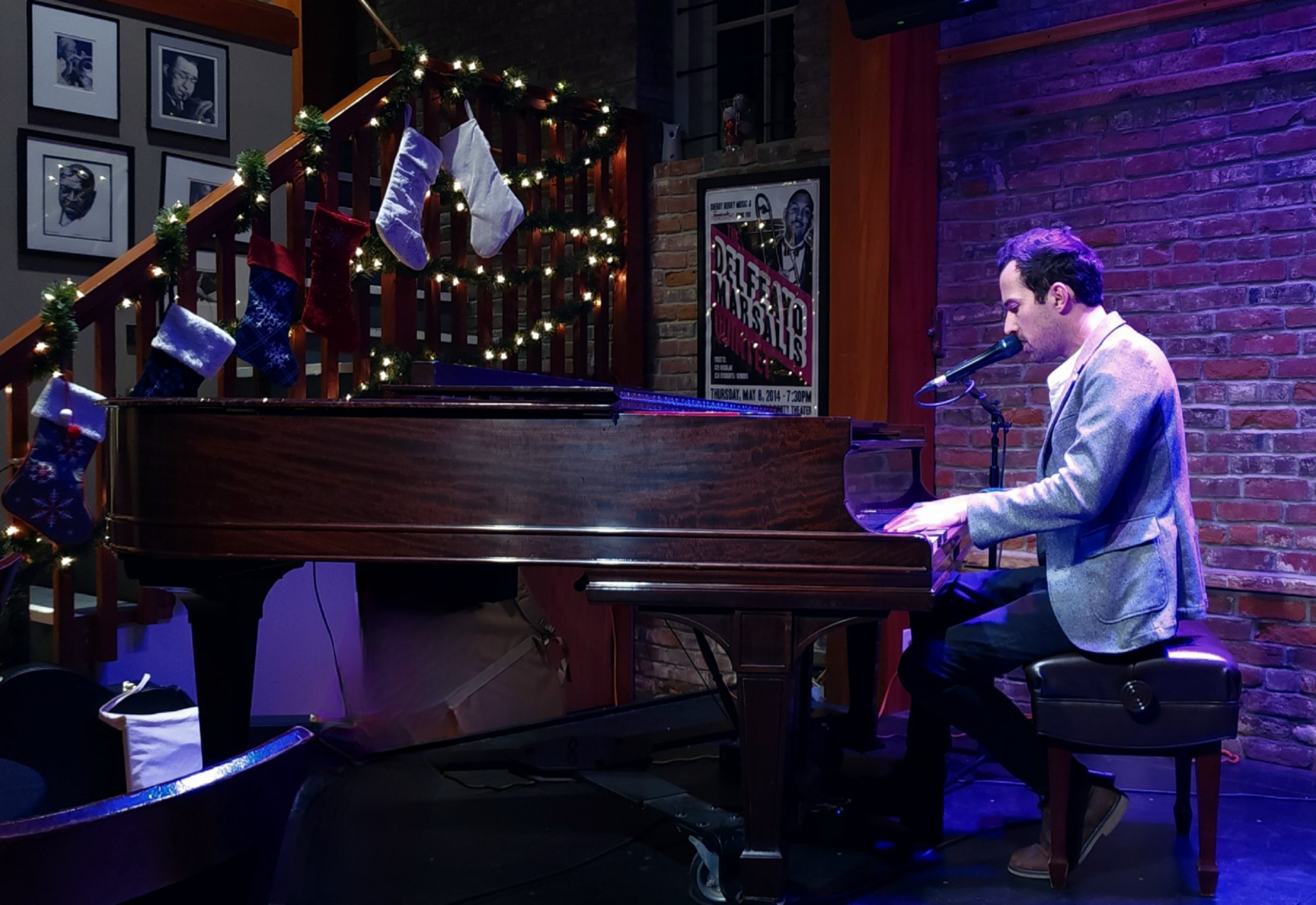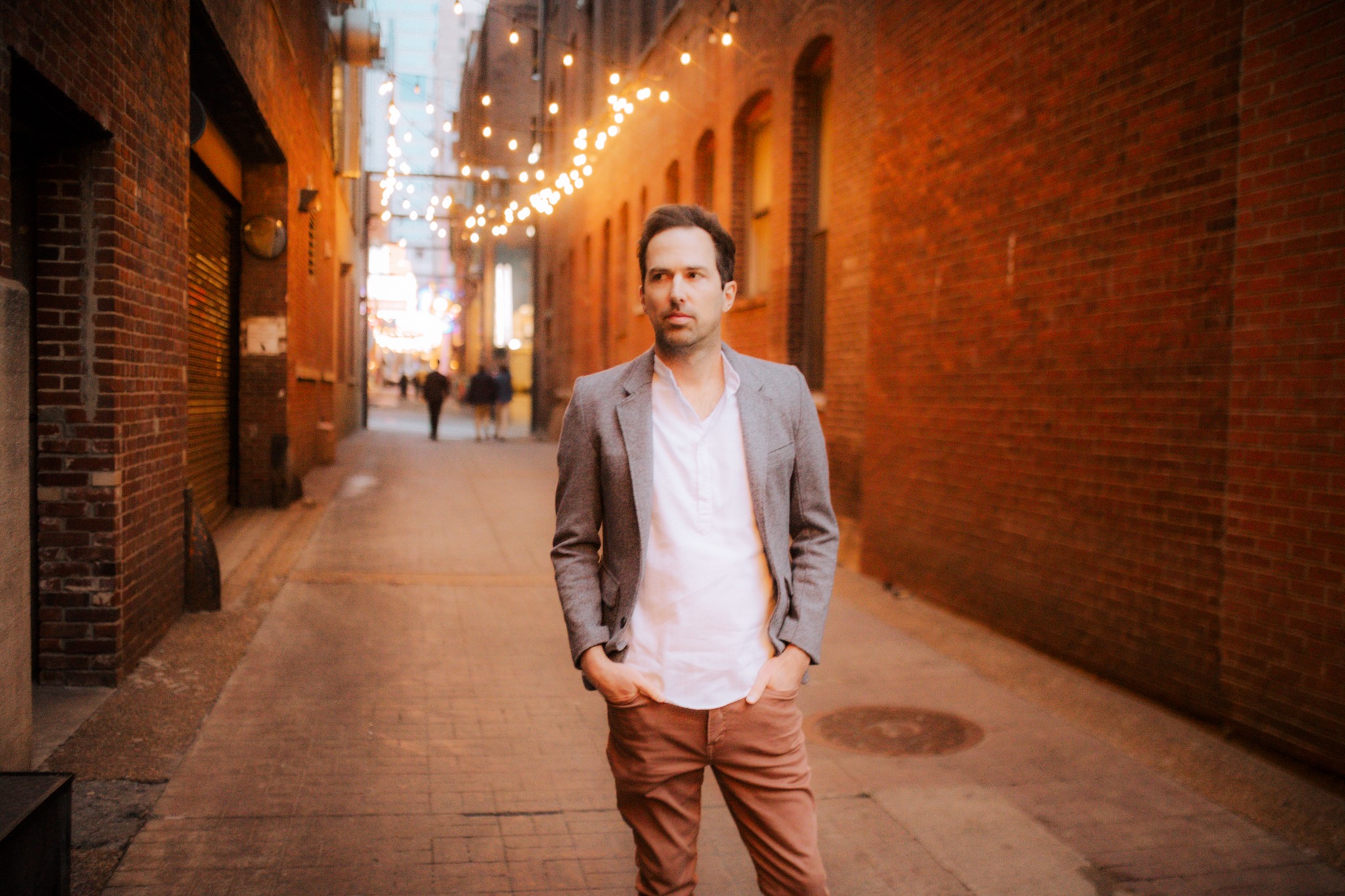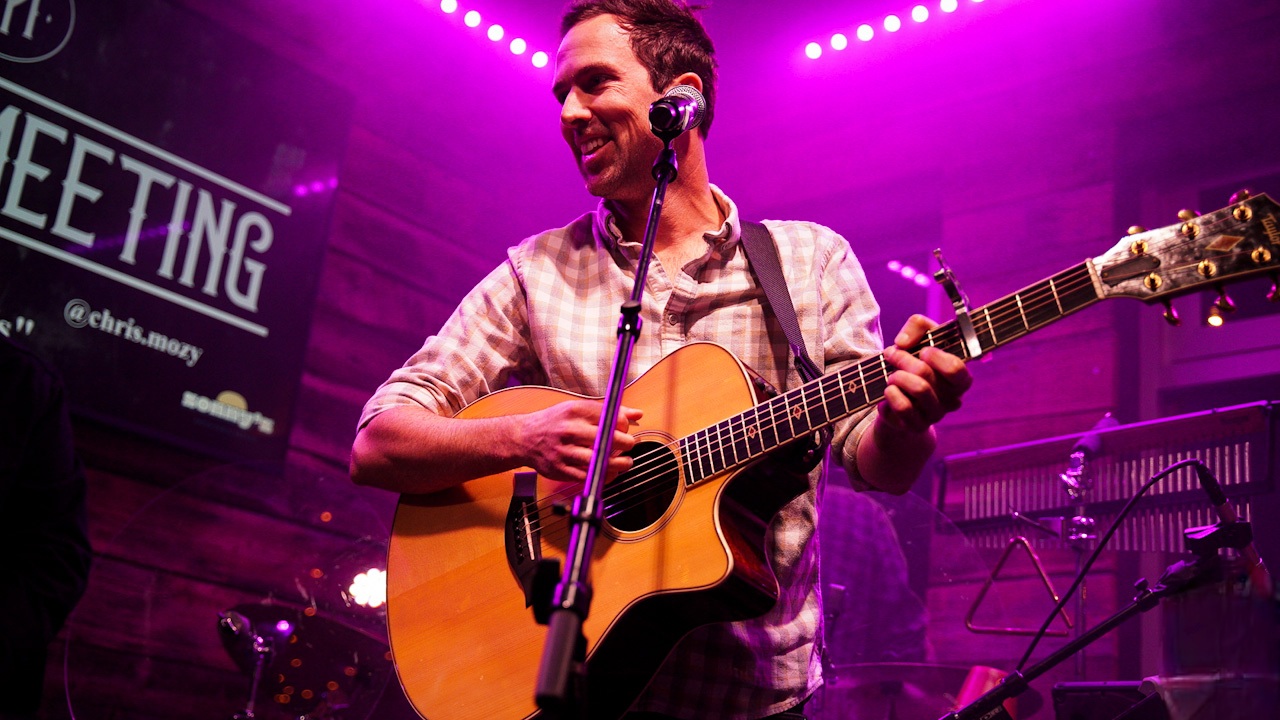We caught up with the brilliant and insightful Chris Mozy a few weeks ago and have shared our conversation below.
Chris, thanks for joining us, excited to have you contributing your stories and insights. Learning the craft is often a unique journey from every creative – we’d love to hear about your journey and if knowing what you know now, you would have done anything differently to speed up the learning process.
Learning songwriting is interesting because for as much as there is a formula to writing a song, there’s equally as much that is just feel and dumb luck.
As a teenager, I subconsciously realized that my baseball journey would likely not progress beyond college and took up guitar. At 17, with just a few months of playing, I found myself in L.A. jamming with well-established players twice my age, including a founding member of No Doubt. The singer of the band and myself discovered that we had a knack for writing together and ended up being the primary songwriters for the group. It was during this time that my learning curve went from zero to sixty in weeks as I learned how to structure a song, what the parts were called, recording processes and so much more. As much as writing next to a “Tragic Kingdom” platinum record was overwhelming and made me feel extremely out of place, it also forced me to respect the process and absorb everything I possibly could from the guys I found myself around. Eventually, that band fizzled. As mentioned, they were older and went on to focus more on family and work.
Funny enough, I joined my second band on the same street the first was formed. It was with a former childhood friend and they were looking for a second guitarist. While my writing role in that group was limited, we were able to do some cool things which helped in learning the industry a bit more. However, after failed management negotiations killed that band, I was tired of the industry and put my guitar down for over a decade.
Then came two major changes in my life – the Covid-19 pandemic and marital trouble. Finding myself holed up at home with thoughts and emotions I hadn’t really experienced before led me back to music. At this point, I only had a handful of songs – some from the first band that I rewrote and a couple originals that I had written 15 years prior that never went anywhere. Being that it was during the lockdown and I was living in a new state now, music wasn’t happening and, even if it was, I didn’t know anyone here yet. So, my choice was to either teach myself how to sing or put the guitar down again. I chose the former. Once I figured out singing to some extent, I was off to the races. About ten songs came out of me within weeks and it has continued ever since. I’m constantly trying to mix things up so it’s not the exact same formula and working out different parts and ideas.
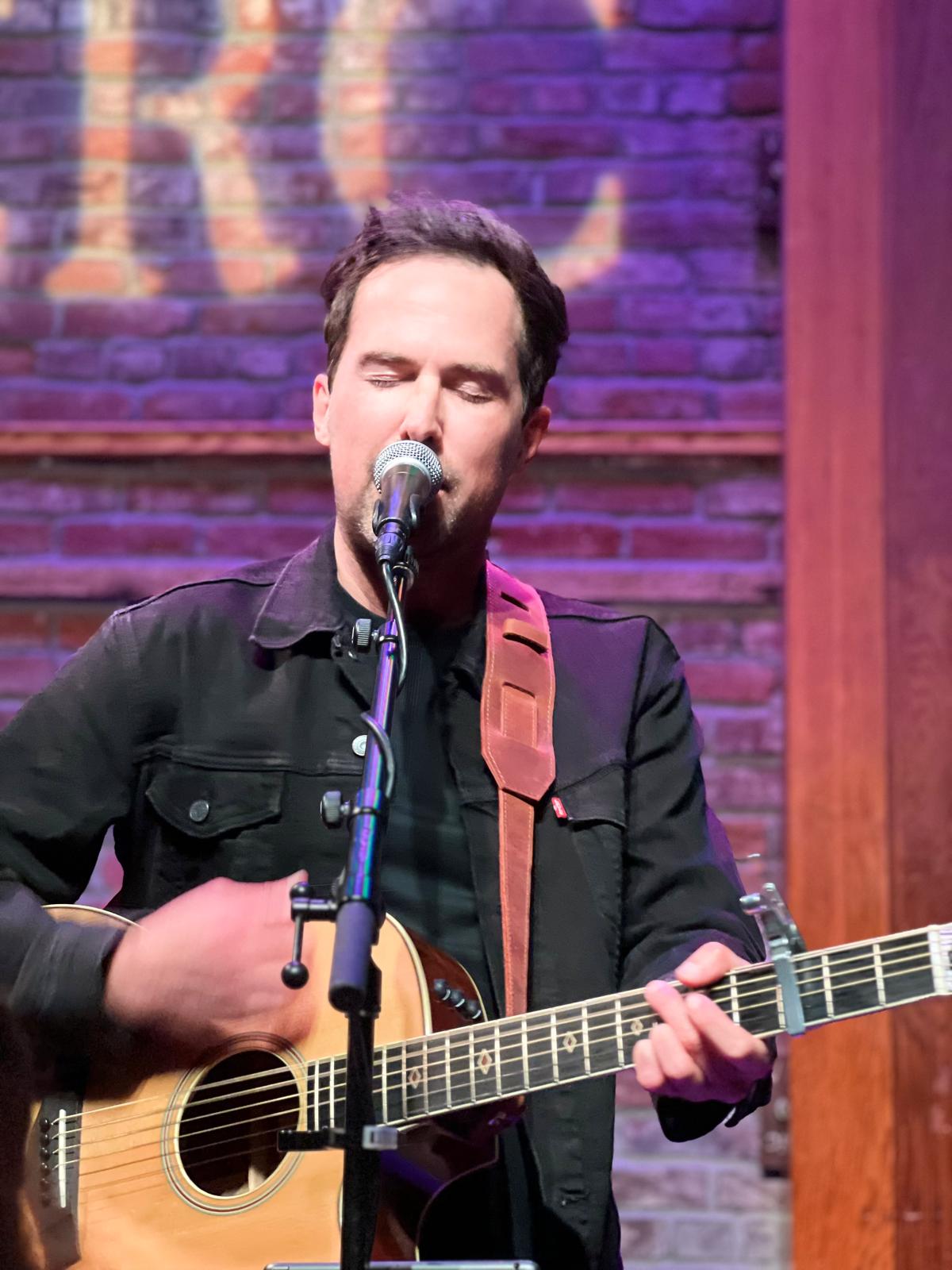
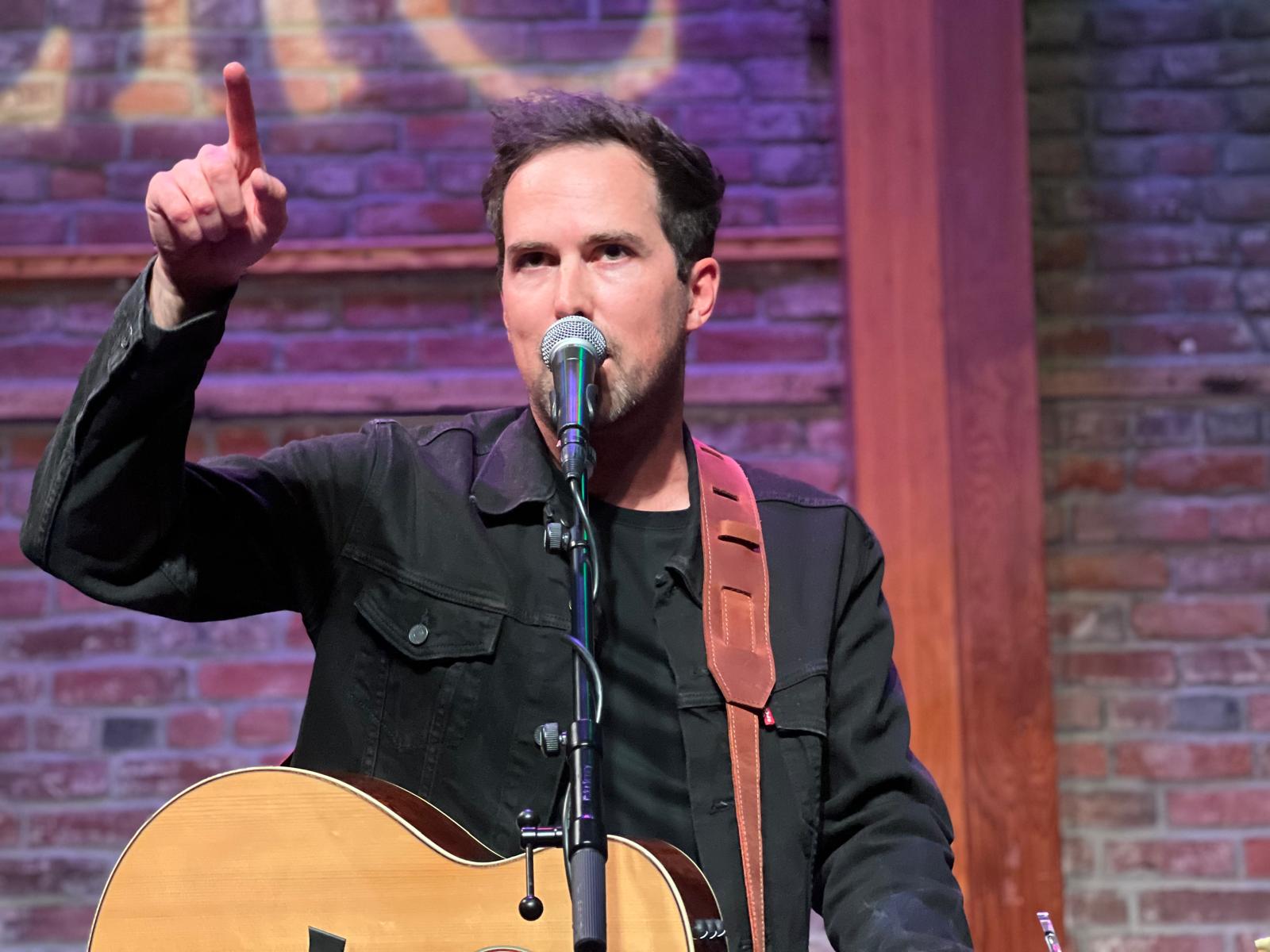
Chris, love having you share your insights with us. Before we ask you more questions, maybe you can take a moment to introduce yourself to our readers who might have missed our earlier conversations?
I am a songwriter that came back to music after a long layoff as a form of selfcare and to show my kids that it’s never too late to chase a dream. I then became an artist as a means to get my songs heard. It’s not that I don’t enjoy performing, I just REALLY love the songwriting process and have always envisioned myself as more “behind-the-scenes” than at the forefront. One thing that probably makes me a little different is writing unapologetically pop-leaning songs. There’s definitely a rock influence in them, but they aren’t heavy and they aren’t indie or “trendy” with what’s happening right now. That’s what I’m proud of – writing what pops into my head without thinking about what’s the cool thing to do. I feel that keeps it authentic and true to me while still hopefully connecting with the people that listen.
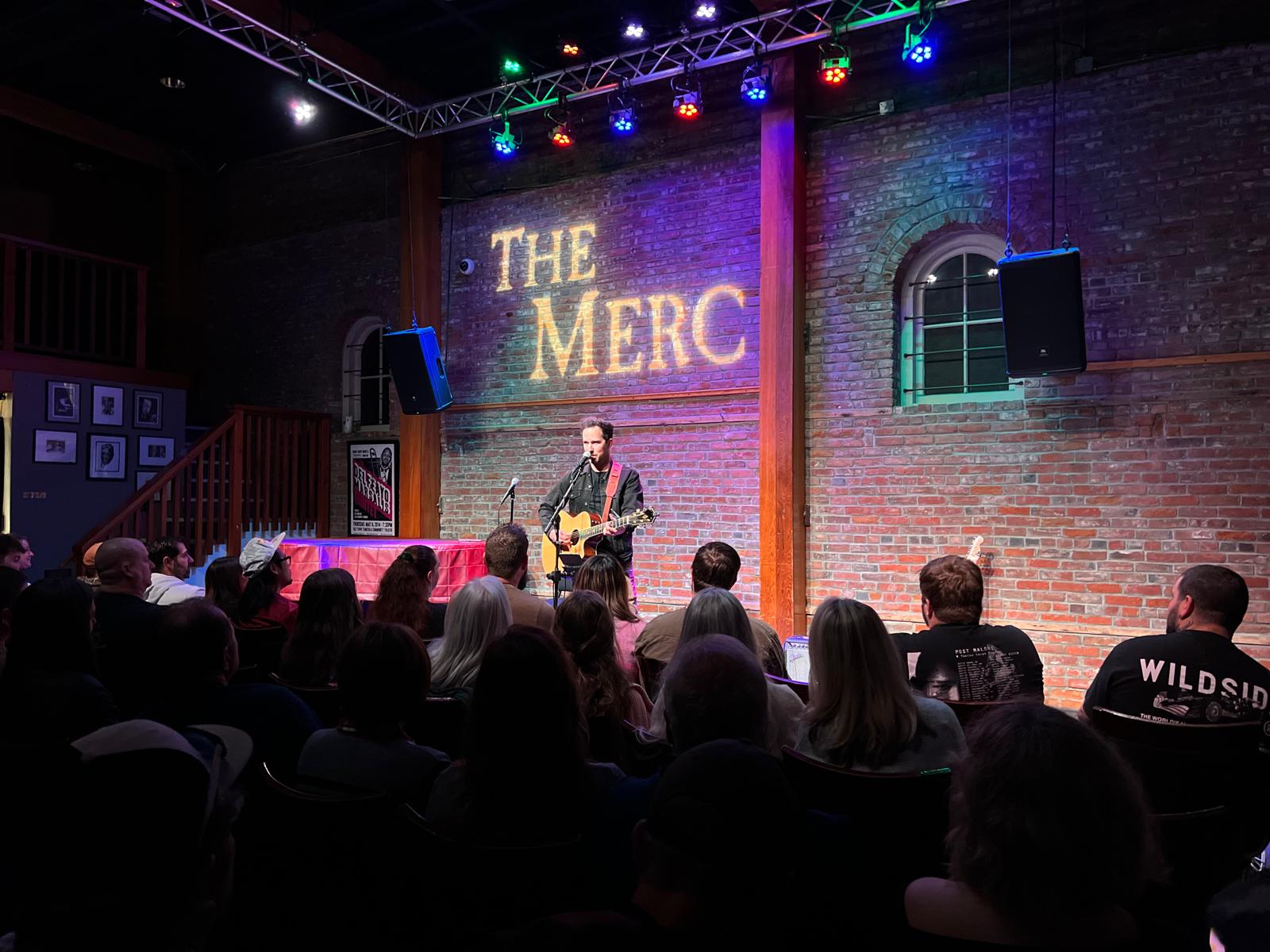
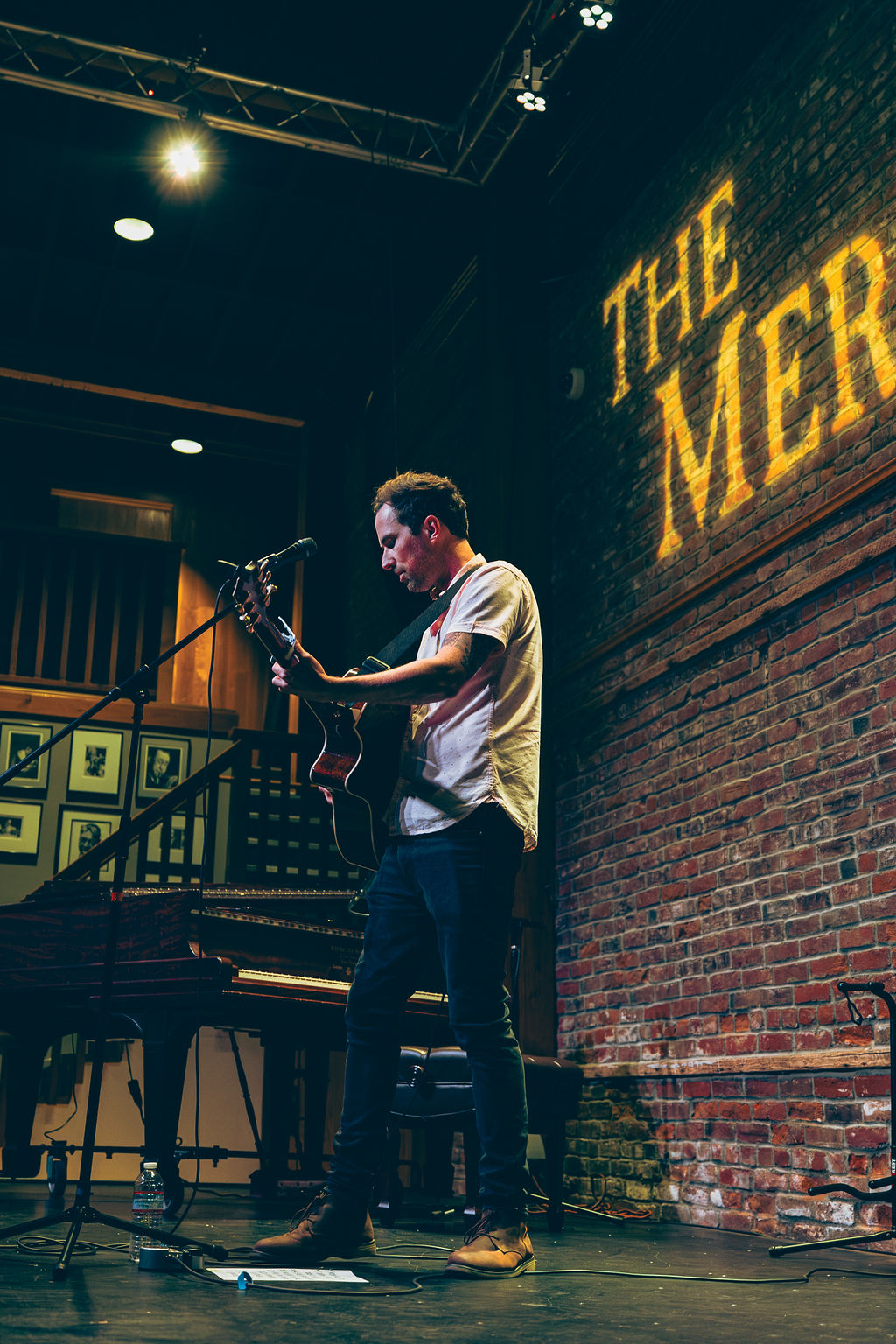
What’s the most rewarding aspect of being a creative in your experience?
There are several rewarding aspects of being a creative. One is that I get to share in it with the people I love. There are songs written about/for my kids and partner. I’m doing a song soon where my kids will be singing backup vocals on the track. Them just being around music I think is so important, as well. It’s a different mentality and a skillset that can be really helpful even if you just enjoy listening to music or play acoustically at home, with no visions of doing it as a career.
Another major reward of doing this is being able to have a creative and emotional release. I’ve been one to bottle things up and put on a brave face for many years. Once I sat down and started writing songs, it became a very important outlet to clear my head and organize my thoughts in a way that I’d never had before. Similarly, having to perform the songs live would have blown my younger highly-introverted self’s mind. So, getting through the self-doubt and fear of being in the spotlight is a continuous battle, one that I am happy to be facing head on.
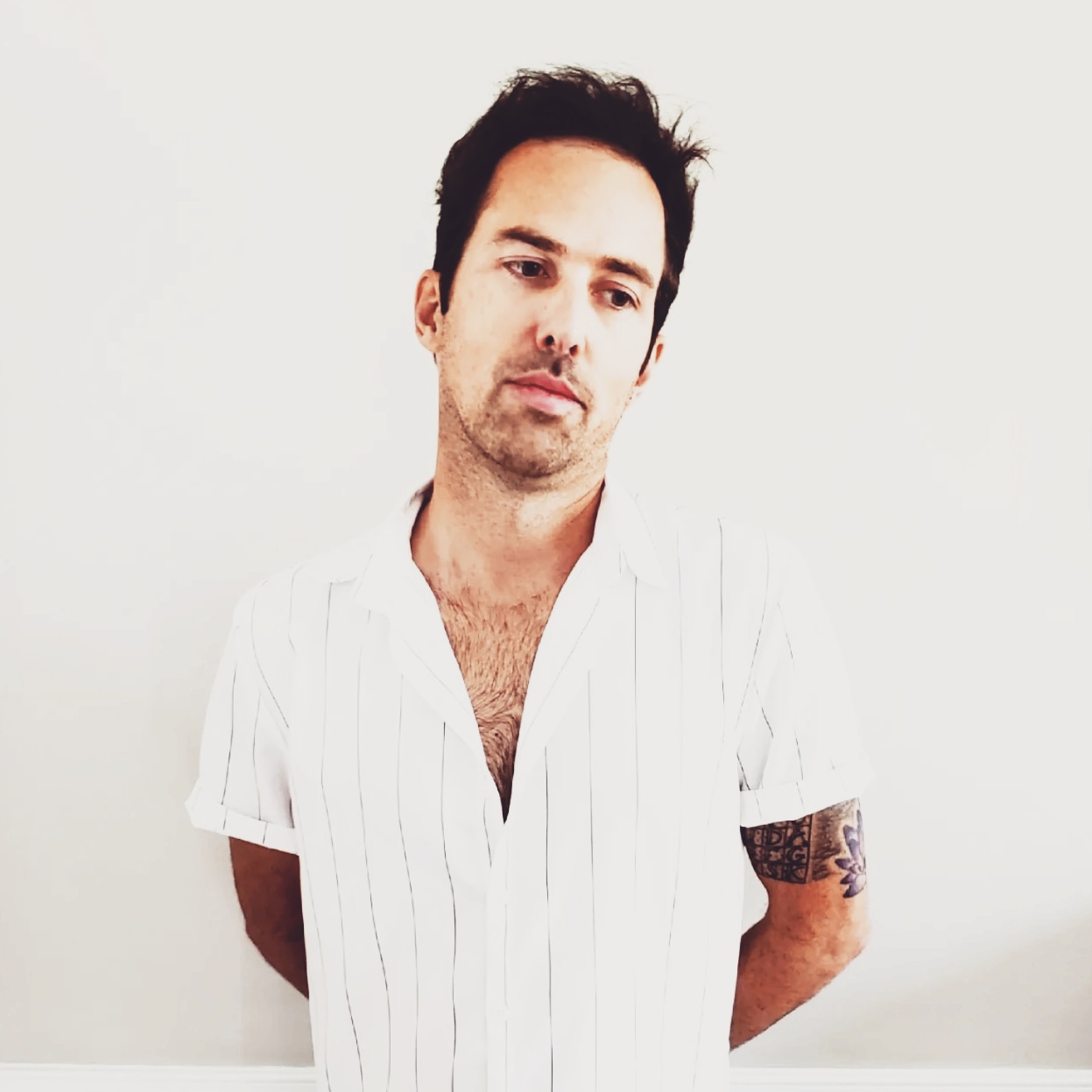
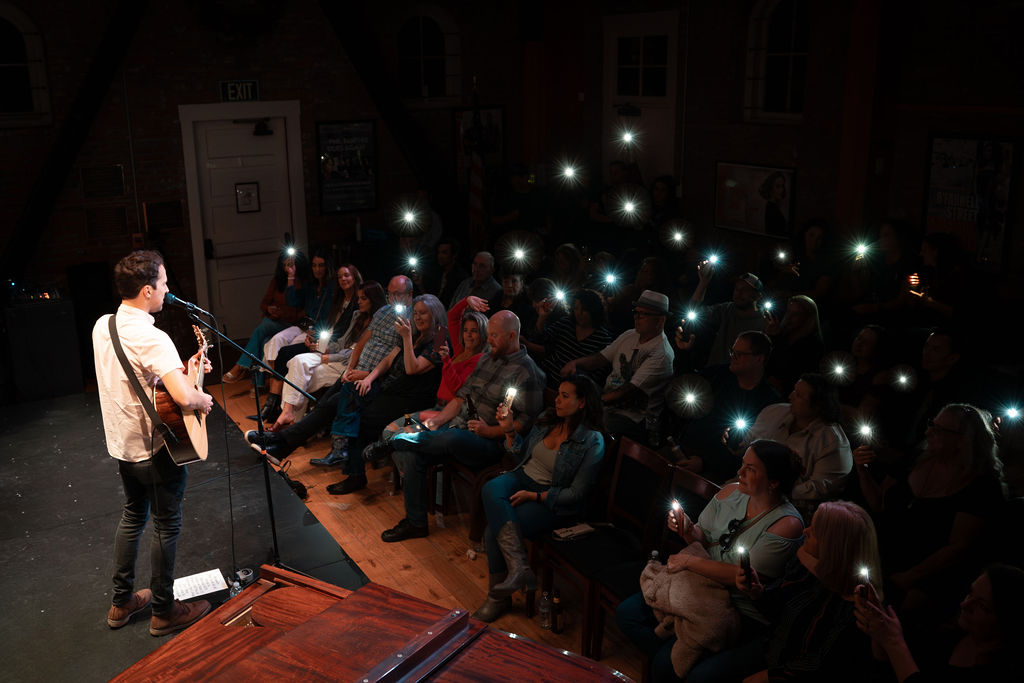
Is there something you think non-creatives will struggle to understand about your journey as a creative?
It’s still really easy for creatives to be misunderstood. Many of us are quiet and struggle in social settings. Many are highly sensitive and overthinkers. That’s a hard thing for some people to grasp. It’s easy to write off someone as disinterested or weird or even rude if they don’t engage in small talk or just sit around and observe. On several occasions, I’ve had people that became friends tell me that they thought I was a jerk when we first met because I didn’t say anything. It appeared to them that I wasn’t interested. That wasn’t the case at all. I was simply observing, taking in the situation until I was comfortable. Everyone is different and the world could use more understanding that no one will be exactly the same as you.
Contact Info:
- Website: https://chrismozy.com
- Instagram: https://instagram.com/chris.mozy
- Youtube: https://www.youtube.com/@chrismozymusic
